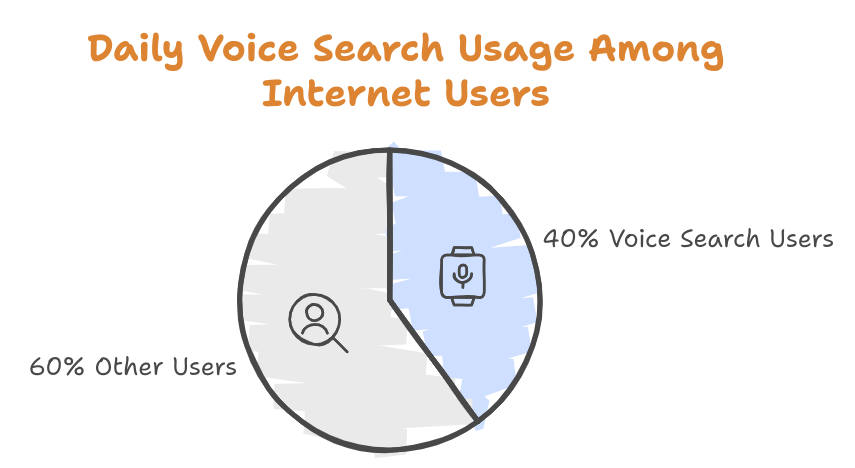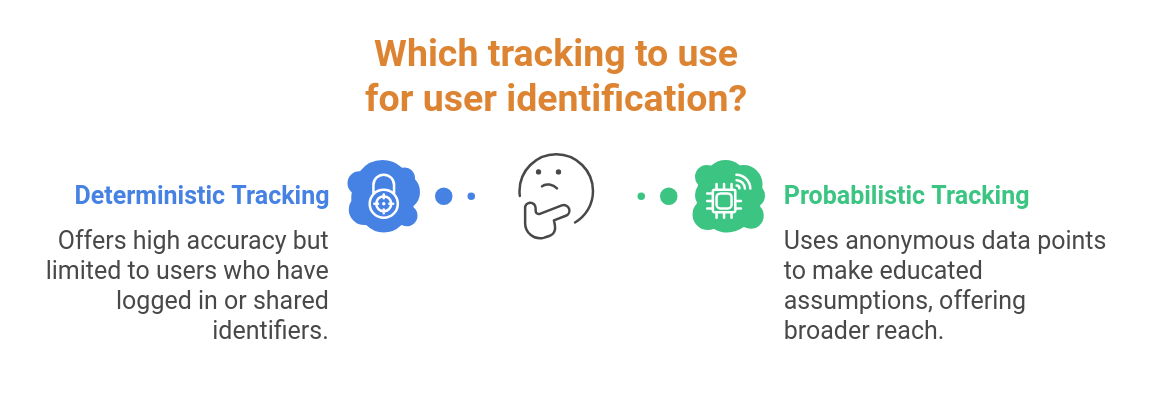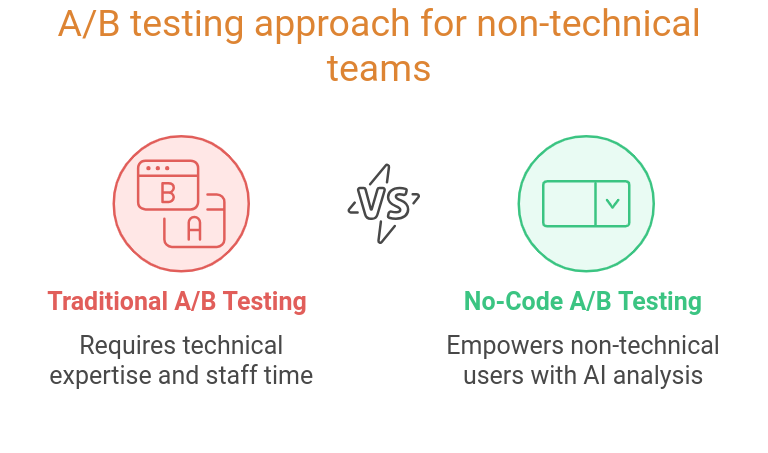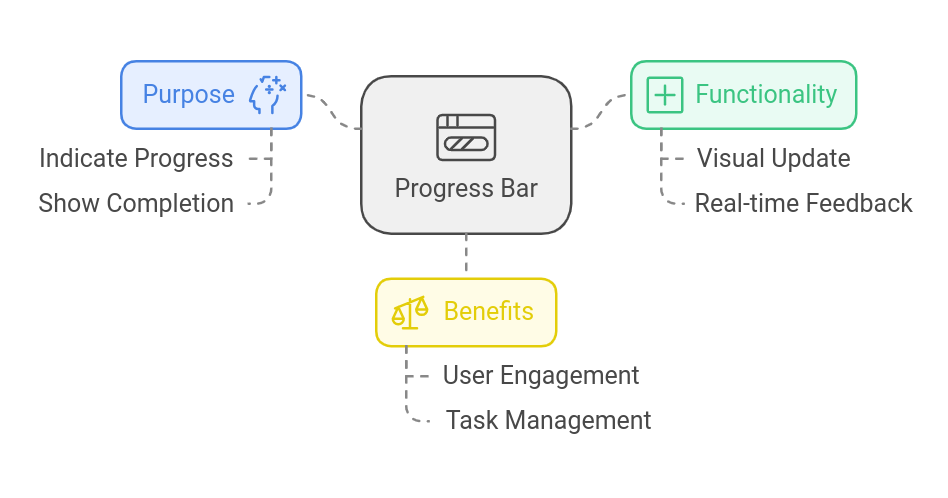Optimising for Voice Assistants: Preparing Your Small Business for the Future of Search
Imagine this: A potential customer is driving home and asks their voice assistant, “Where’s the best local bakery near me?” If your small business isn’t optimised for voice search, you might be missing out on valuable opportunities like this. Voice search is no longer a futuristic concept; it’s happening now, and it’s reshaping how people find businesses online. In this post, we’ll dive into actionable strategies to help you optimize your small business for voice assistants, ensuring you’re ready for the future of search. From understanding user intent to leveraging local SEO, we’ll cover it all.
Why Voice Search Matters for Small Businesses
Voice search is becoming a dominant force in the way people interact with technology. According to Statista, over 40% of internet users use voice search daily, and this number is only expected to grow. For small business owners, this means adapting your digital strategy to ensure you’re discoverable in this new landscape.
Unlike traditional text-based search, voice search queries tend to be longer, conversational, and often location-specific. This presents a unique opportunity for small businesses to connect with customers in a more personal and immediate way. But how do you make sure your business is voice-search ready? Let’s break it down.
Understanding User Intent and Natural Language
Focus on Conversational Queries
When people use voice search, they often phrase their queries as complete sentences or questions. For example, instead of typing “best bakery NYC,” they might ask, “What’s the best bakery near me?” This shift means your content needs to align with how people naturally speak.
Here are some actionable tips:
- Use tools like AnswerThePublic to identify common questions your audience is asking.
- Incorporate long-tail keywords that mimic conversational speech.
- Structure your content around FAQs to directly address these queries.
Optimize for Local Search
Many voice searches are location-based. For example, “Find a plumber near me” or “What’s the closest coffee shop?” To capture these queries, you’ll need to focus on local SEO.
Here’s how:
- Claim your Google My Business profile: Ensure your business name, address, phone number, and hours are accurate and consistent.
- Leverage local keywords: Include terms like your city, neighborhood, or landmarks in your content.
- Encourage reviews: Positive reviews improve your visibility in local voice search results.
Technical Optimization for Voice Search
Speed and Mobile Friendliness
Voice search users expect quick answers. If your website is slow or not mobile-friendly, you risk losing potential customers. According to Google, a one-second delay in page load time can reduce conversions by 7%.
Here’s what to do:
- Compress images and use proper formats like WebP.
- Minimize CSS, JavaScript, and HTML to reduce load times.
- Use a responsive design to ensure your site looks great on all devices.
Structured Data and Schema Markup
Search engines like Google use structured data to understand the context of your content. Adding schema markup can significantly improve your chances of being featured in voice search results.
Some useful schema types for small businesses include:
- FAQ Schema: For pages with frequently asked questions.
- LocalBusiness Schema: To provide details about your business location.
- HowTo Schema: For instructional content that answers “how-to” queries.
Real-World Example: A Small Bakery’s Voice Search Success
Take the example of “Sweet Treats Bakery,” a small business in Austin, Texas. By optimizing their website for voice search, they saw a 25% increase in local traffic within six months. They achieved this by:
- Adding an FAQ section addressing common customer queries like “Do you offer gluten-free options?”
- Optimizing their Google My Business profile with updated photos and business hours.
- Using local keywords such as “Austin bakery” and “best cupcakes in Austin” in their content.
The result? Sweet Treats Bakery became the top result for voice searches like “best cupcakes near me.”
Staying Ahead of Voice Search Trends
Voice search is constantly evolving. To stay competitive, small business owners need to keep up with the latest trends and adapt accordingly.
Here are some strategies:
“The businesses that succeed in the voice search era are the ones that treat it as an ongoing process, not a one-time task.” – John Mueller, Google Search Advocate
- Monitor analytics: Use tools like Google Analytics to track how users are finding your site and adjust your strategy as needed.
- Test your content: Regularly test your content for voice search queries to ensure it’s delivering the right results.
- Stay informed: Follow industry blogs and updates to learn about new voice search features and best practices.
Conclusion: Take Action Today
Optimizing your small business for voice assistants and voice search is no longer optional—it’s essential. By understanding user intent, focusing on local SEO, and implementing technical optimizations, you can position your business to thrive in this new era of search.
Ready to get started? Begin by auditing your website for voice search readiness and updating your Google My Business profile. Small steps today can lead to significant growth tomorrow.
Have questions or need help implementing these strategies? Contact us to learn how we can assist you in optimizing your business for the future of search.
What strategies have you implemented to optimise for voice search?





